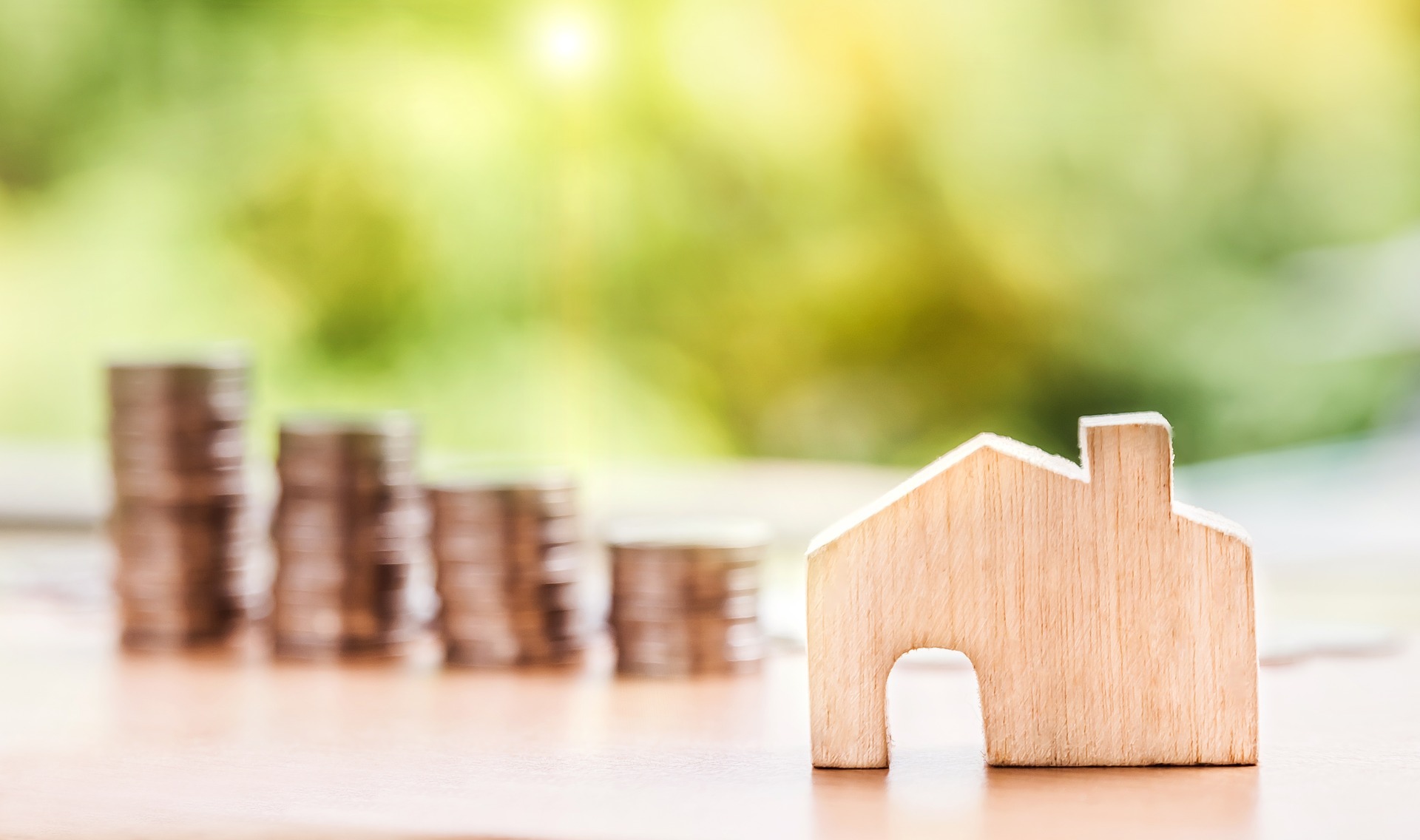Getting a good deal is not enough to ensure a profit when investing in a rehab property. If you buy in the wrong market it truly won’t matter how low your offer is. Prior to making an offer, or even exploring a property, there are a handful of key items you need to do your homework on. If these key items aren’t to your liking, you need to consider walking away regardless of how good the deal looks on face value. If not, what you will end up with is a property with minimal demand that will sit in your portfolio struggling to find a buyer. This will hinder your ability to purchase additional properties and your business will come to a screeching halt. Prior to moving all in on a purchase here are five key market items you need to consider.
- Comparable sales (price). The most obvious item to look at when considering investing in a rehab property are comparable sales. As important as this is, it doesn’t do you any good if you aren’t looking at the right information. For starters, all comps are not created equally. If the properties you are comparing the subject too are over a mile or two away they may not be the most reliable. Plenty can change inside a market within a few miles. You need to make sure you are comparing apples to apples. Proximity is important but so is likeness. The number of rooms, bedrooms, square footage and acreage should be as close to the subject as possible. An extra bedroom or bath can add or subtract literally thousands of dollars to your end sales price. Instead of quickly skimming over recent sales, dive into them to know exactly what you can expect.
- Days on market. Comparable sales are not the only important real estate related item to look at. As important as comps are, they don’t tell the whole story with the market. You also need to know just how quickly properties are selling. As basic as it sounds, real estate is still all about supply and demand. If there is more supply than demand in a market, properties will go unsold for a longer period of time. One way to find out about supply and demand is to look at the average number of days a new listing sits on the market. This will provide you with an updated snapshot of what is going on the market and what you can anticipate. You may have a great deal, but the turnaround could be much longer than you bargain for. If you must hold the property an extra 90 days, it may not be nearly as appealing as you initially thought. Look at a twelve-month history for days on the market, focusing on the last six months.
- Taxes. It is important to always put yourself in the prospective buyers’ shoes. Not only is this helpful with any improvements you make for the property but also when choosing a market to invest in. One of the biggest influences with buyers are property taxes. With higher taxes, buyers may not feel like they are getting a good bang for their buck. For starters, they will have an increased mortgage payment and their pre-approval amount will be reduced. It is not out of the question for the tax payment to be just as much as the principal and interest payment. A buyer may love everything about the house and the immediate neighborhood, but if the taxes are too high they will have some reservations. If the adjacent towns are comparable in every area except taxes, they may start to look elsewhere. Taxes not only influence your purchase but also the purchase of your end buyer.
- Development. You never know what an individual buyer looks for in a market. Instead of trying to appease every buyer you are better off looking at the big picture development. Simply put, is the market on the upswing or the decline? Figuring this out requires a quick assessment of local demographics and economics. Have any large corporations left the area and moved on to somewhere else? A massive loss of jobs has a trickle-down effect on the rest of the economy, and ultimately the real estate market. On the flip side, has there been a recent influx of restaurants, shops and other income generate businesses? Generally speaking, not only do these make the market more desirable, but they tend to lower the tax base as well. If you are not from the area ask around or better yet, take a drive and try to get a pulse of the market.
- Schools. A final influence should be the strength of the local schools. Buyers tend to buyer in markets with strong schools. As is the case with property taxes, if all other things are equal they will go with the market with the best schools. Most buyers with children do not want to move again before they start school. They would rather buy once and live there throughout the school years. An area with poor schools doesn’t mean you can’t find a buyer, but you probably won’t be able to maximize the value. Conversely, a home in an area with low taxes and strong schools is very desirable and with the right updates can sell at the top end of the market.
Investing in the rehab property to rehab means more than just looking at the price. Use these five items to help get the right property in the right market for you.
— JD Esajian






